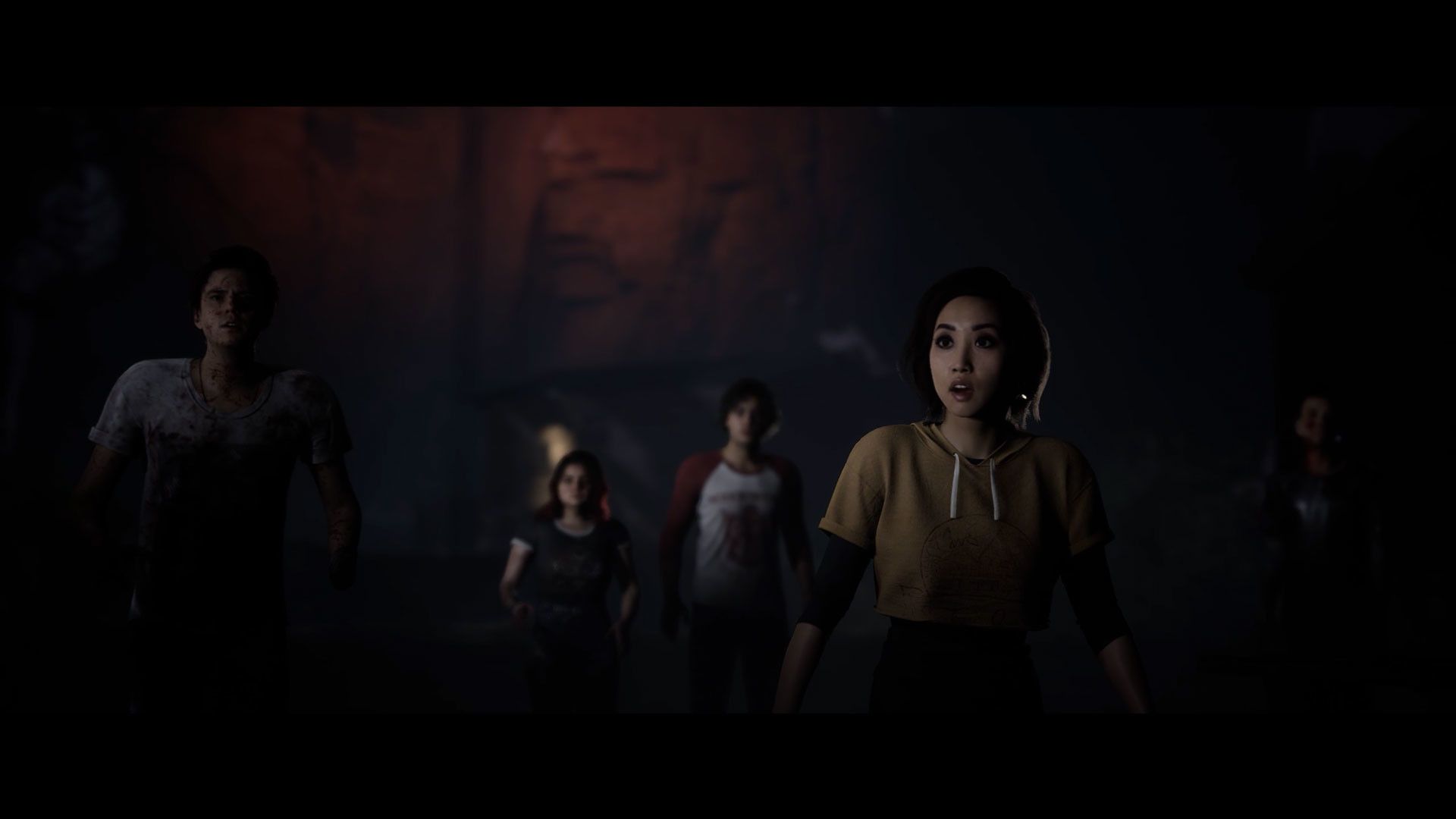Scoop: Two hot games' secret Google connection


The Quarry. Screenshot: Supermassive, Take Two
Google was involved in the creation of two notable video games in the spotlight this month, before the downsizing of its Stadia gaming operation sent those projects elsewhere, two sources familiar with their development tell Axios.
Why it matters: The games’ Google connections help fill out a picture of what Stadia could have offered, if Google hadn’t abandoned its ambitions in 2021 to create a gaming platform to rival PlayStation and Xbox.
Details: Neither of the games — the well-reviewed horror adventure
The Quarry, and comedic sci-fi game
High on Life — has been officially associated with Stadia.
- The Quarry, developed by Supermassive and published by Take Two Interactive, was released on June 10 for PC, PlayStation and Xbox.
- High On Life, from Squanch Games and a team led by "Rick and Morty" co-creator Justin Roiland, was revealed during a Microsoft gaming showcase last week and is slated for an Xbox and PC release later this year.
- But Axios sources say both games were projects that previously were being made for Google and presented as signature Stadia releases, meant to draw players to the streaming service.
What they’re saying: Reps for both games declined to directly answer Axios’ questions about the games’ Stadia roots.
- Supermassive Games “was looking for a publishing partner as the project came to completion,” a rep for Take Two said of The Quarry, noting the publisher was proud to help release the game.
- Google had announced a partnership with Supermassive in 2020, but neither party had shared details on what they were making. When The Quarry was announced by Supermassive and Take Two this past March, Stadia fans were left guessing if it was the product of that Google partnership.
- A spokesperson for Squanch offered less context and simply stated which platform High on Life is slated for.
- A Google rep did not reply to a request for comment.
Catch up quick: Google
announced Stadia in March 2019, attempting to shake up the games industry with a device-free cloud-based platform and a line-up of games from a mix of outside studios and internal teams staffed by veteran game designers.
The big picture: In the super-secret video game industry, projects can be in development for years at major companies, with no stakeholders so much as acknowledging them.
- When a publisher or platform provider begins cutting projects, those games can be lost, or sometimes reemerge in unexpected ways.



























